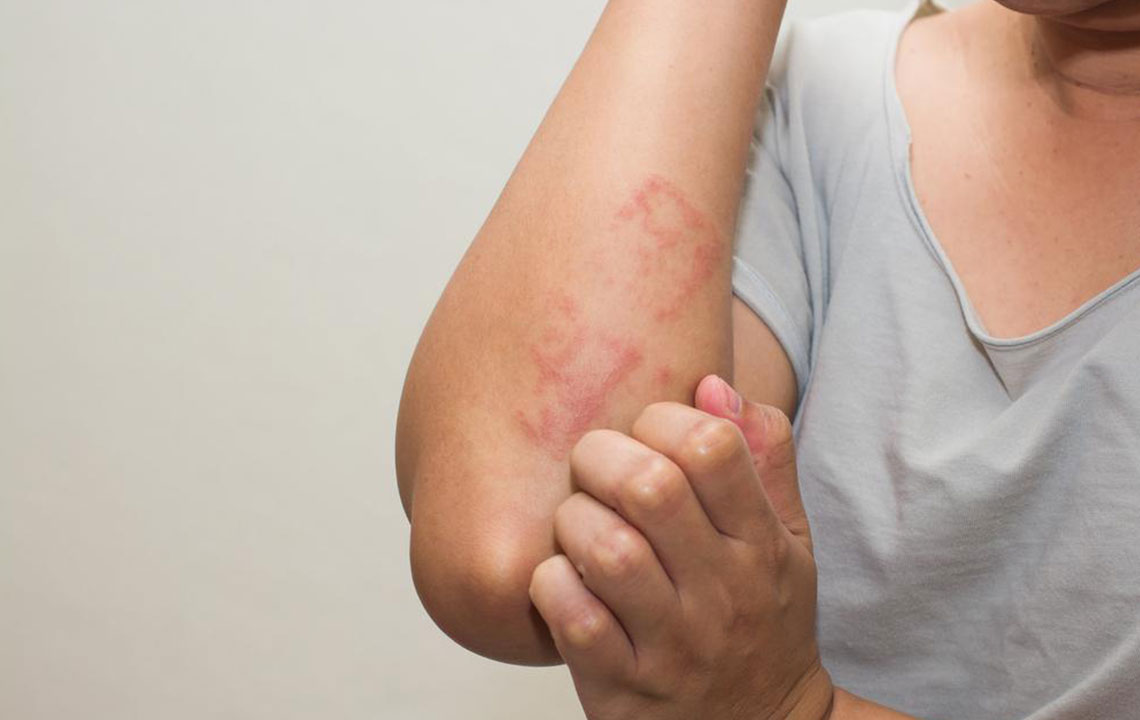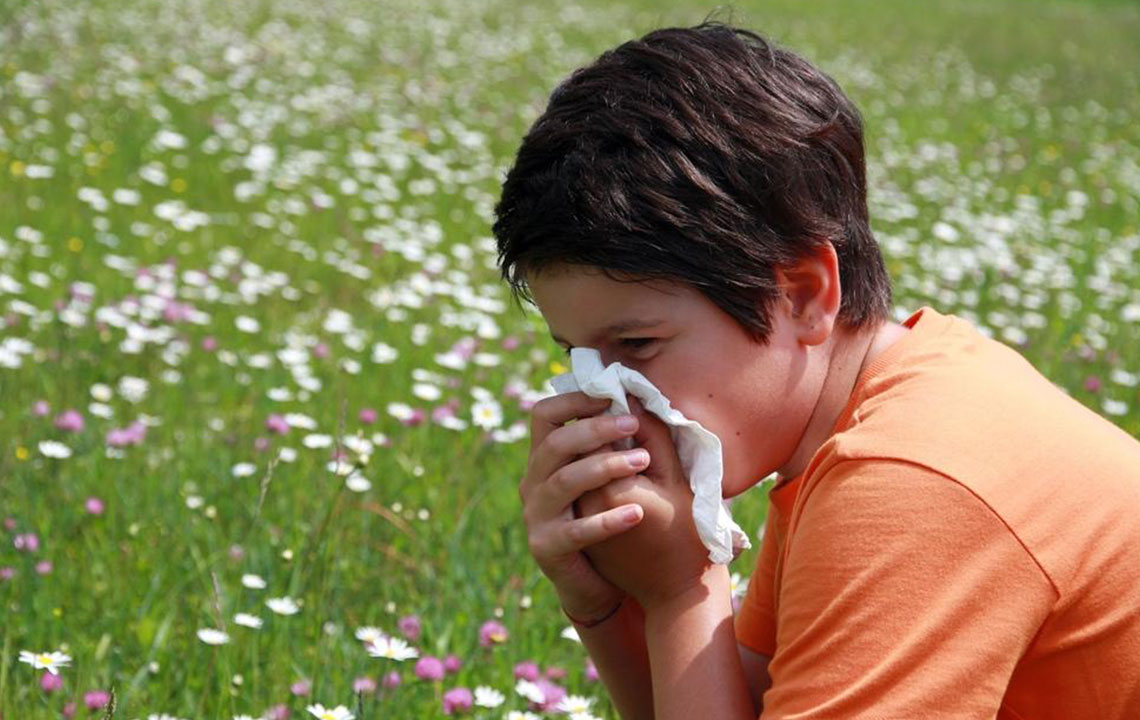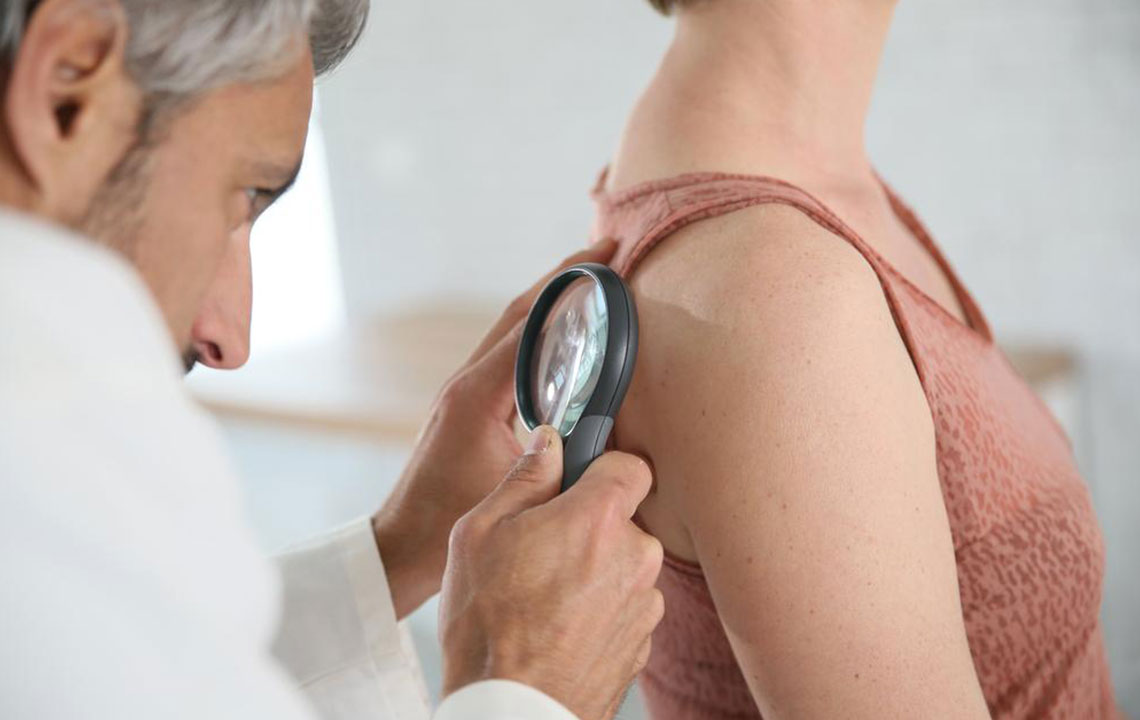Effective Strategies for Managing Shingles: Conventional and Natural Approaches
Discover effective treatments for shingles, combining conventional medicine with natural remedies. Learn about antiviral drugs, pain relief options, home remedies like soothing baths and cool compresses, dietary tips to boost immunity, and herbal supplements. Early intervention and lifestyle adjustments can help reduce discomfort and promote healing. Always consult healthcare professionals before trying new treatments or supplements for shingles management.
Sponsored

Managing Shingles: Conventional Treatments and Natural Remedies
Shingles is a painful skin condition triggered by the varicella zoster virus, leading to a rash often accompanied by nerve pain. It primarily affects older adults or individuals with weakened immune systems caused by stress, injury, or medication. While typically a single episode, shingles can recur in some cases. The illness lasts from two to six weeks. Though no definitive cure exists, early treatment can alleviate symptoms, foster quicker recovery, and lessen complication risks.
Common medications used for shingles include:
Valacyclovir (Valtrex)
Acyclovir (Zovirax)
Famciclovir (Famvir)
In addition to antiviral drugs, pain management options include:
Anticonvulsants like gabapentin (Neurontin)
Capsaicin topical creams
Numbing agents such as lidocaine patches, gels, or sprays
Tricyclic antidepressants like amitriptyline
Injections combining corticosteroids and local anesthetics
Narcotic-based medications such as codeine
Home Remedies and Lifestyle Adjustments
Several at-home practices and lifestyle modifications can provide relief from shingles symptoms.
Soothing Baths
Daily cleansing of blisters helps prevent infection spread. Taking a cool shower can relieve pain and reduce itchiness. For added comfort, soak in a lukewarm bath with 1-2 cups of colloidal oatmeal or cornstarch for 15-20 minutes, avoiding hot water which could intensify blisters. Proper drying with a clean towel is essential to prevent virus transmission.
Cool Compresses
Applying a damp, cool cloth to affected areas can alleviate pain and itching. Do this multiple times daily, but avoid ice packs as extreme cold may worsen skin sensitivity.
Natural Paste for Itching
Mix two parts baking soda or cornstarch with one part water to form a paste; apply on rashes for 10-15 minutes, repeating as needed. This natural remedy helps soothe irritated skin.
Topical Lotions and Creams
Applying calamine lotion or capsaicin ointments can ease discomfort. While they don't speed healing, they help reduce itching. Avoid scented or perfumed products to prevent irritation.
Dietary Tips
Supporting immune health is crucial with proper nutrition. Consuming foods rich in vitamins A, C, E, B1, and the amino acid lysine can promote healing. Recommended foods include colorful fruits, leafy greens, lean meats, eggs, dairy, fish, legumes, and whole grains. Avoid arginine-rich foods like chocolate, nuts, and gelatin, as they may trigger outbreaks. Limiting sugar, saturated fats, and refined carbs is also advised.
Homeopathic and Herbal Support
Consulting a homeopathy practitioner can introduce alternative remedies into your treatment plan. Common homeopathic medicines include Ranunculus bulbosus, Rhus Tox, Graphites, Arsenicum album, Cantharis, Hypericum, and Mezereum. Herbal supplements like lemon balm, echinacea, oregano oil, melatonin, essential fatty acids, and St. John’s Wort can bolster immune defenses. Always seek medical advice before starting any new supplement or remedy.






